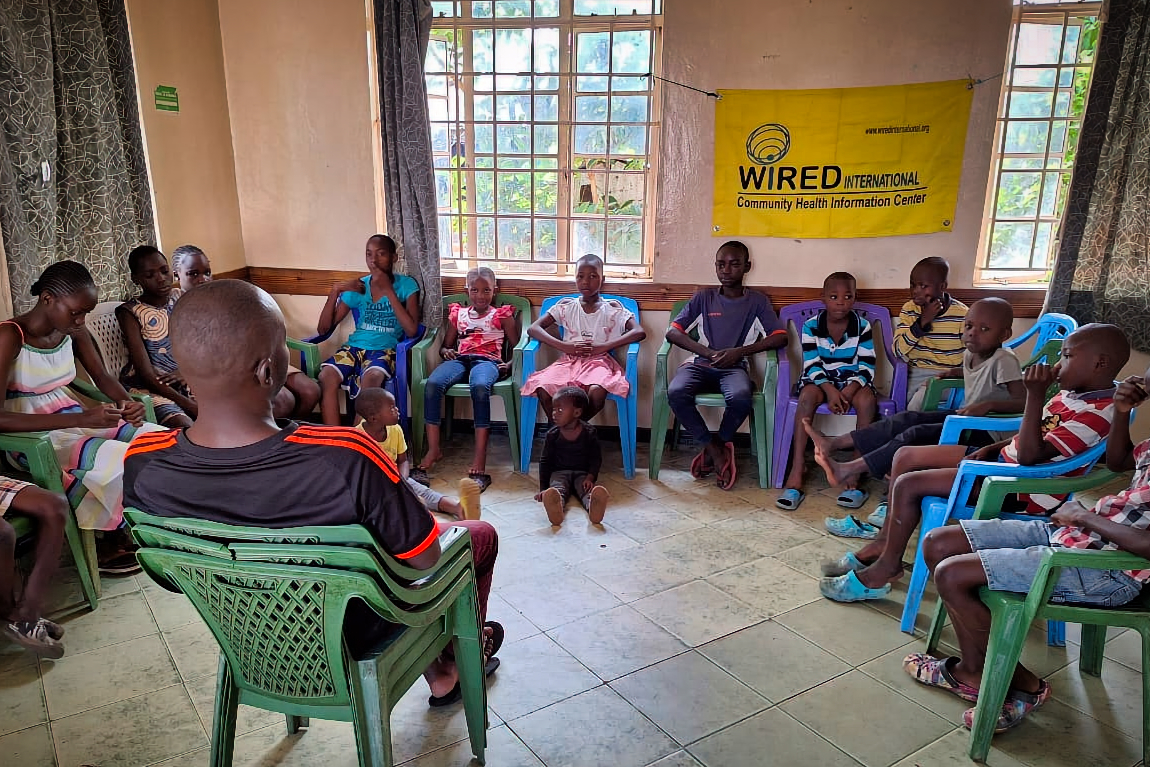Monthly Update from WiRED International’s Community Health Workers in Kenya
Team of 20 Supplied 9,641 People with Health Services
By Allison Kozicharow; Edited by Elizabeth Fine
Monthly Report
WiRED International’s paraprofessional team of community health workers (CHWs) in Kisumu, Kenya, reported another successful month of providing health benefits to their area residents.
During the month of August 2023, 20 CHWs in Kisumu, Kenya, reached a total of 9,641 people with health services. Working 24 hours per week, each of the CHWs met with at least 55 individuals a week, and the largest number seen in a week by a single CHW was 301, most of them in health training classes.
Overall, the top health issues for the month of August were, as follows, in order of prevalence:
-
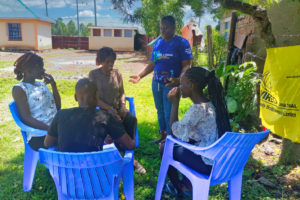 Malaria
Malaria- Sexually transmitted infections
- COVID-19
- Cholera
- HIV/AIDS
- Tuberculosis
- Handwashing
- Mental health
- Drug abuse
How can we imagine the countless challenges faced by Kenyans? One way is to take a look at these travel advisories for Kenya:
- The U.S. Centers for Disease Control and Prevention (CDC) offers health advice that includes a list of more than a dozen recommended vaccinations such as cholera (widespread in Kenya), rabies (rabid dogs commonly found in Kenya) and yellow fever. CDC also provides a list of recommended prescription medicines for prevalent illnesses such as malaria and diarrhea.
- The U.S. State Department’s travel advisory to Kenya states, “Exercise increased caution in Kenya due to crime, terrorism, civil unrest and kidnapping.”
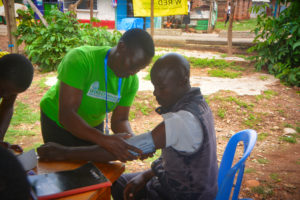 WiRED’s CHWs work tirelessly not only to diagnose and treat minor illnesses, but to educate communities to recognize and understand a wide range of health threats. Further, the CHW program is expanding its reach through the launch of WiRED’s Hodge Health Screening Clinics, located in informal settlements throughout Kisumu.
WiRED’s CHWs work tirelessly not only to diagnose and treat minor illnesses, but to educate communities to recognize and understand a wide range of health threats. Further, the CHW program is expanding its reach through the launch of WiRED’s Hodge Health Screening Clinics, located in informal settlements throughout Kisumu.
WiRED’s Expanded CHW Programs
WiRED has developed its CHW training and deployment program to be consistent with World Health Organization guidelines, and it has introduced several features that enrich the CHW concept. For instance, the continuing medical education (CME) program, which WiRED supports with online training packages, requires CHWs to maintain their currency and enables them to develop new skills. The structure of this CME program encourages CHWs to develop specialties that elevate the capacities of CHW teams.
Further, WiRED has augmented the design of its Health Screening Clinics to include an extensive battery of vital sign measurements, diagnostic tests, treatments and training programs. These expanded clinics provide low-resource communities with a range of health services not otherwise available to many people. The Health Screening Clinics have become an important component of community health in Kisumu and a key element of WiRED’s CHW program.
Here are a few examples of a few health challenges reported by CHWs this August.
Malaria
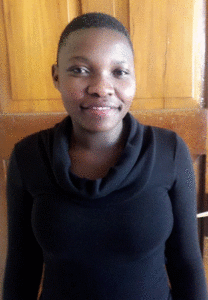 I was performing a door-to-door visit and met a woman about 34 years old in her first trimester of pregnancy. She was married, and this would be her second child. The woman had chills and complained of a headache.. After assessing her symptoms, I suspected malaria and referred her to the nearest medical facility. She was willing to go, and so I escorted her there. She was well taken care of by the doctor, diagnosed with malaria and received monitoring for her pregnancy.
I was performing a door-to-door visit and met a woman about 34 years old in her first trimester of pregnancy. She was married, and this would be her second child. The woman had chills and complained of a headache.. After assessing her symptoms, I suspected malaria and referred her to the nearest medical facility. She was willing to go, and so I escorted her there. She was well taken care of by the doctor, diagnosed with malaria and received monitoring for her pregnancy.
—CHW Linet Awuor
Sexually Transmitted Infections
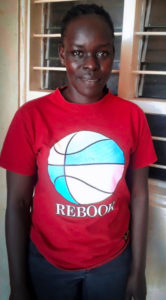
As I was walking through different villages educating the community members on STIs, I came across a young mother and some men who really wanted to talk to me privately about the topic. After the group discussion, I talked to people separately. Each confessed to having problems with their private parts and told me about the signs and symptoms they were experiencing. I counseled them and referred them to the nearest medical center. After three days I followed up and found out that they had been treated and appreciated my educating them earlier.
—CHW Millicent Randiki
Depression
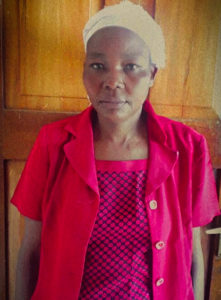
During my community sensitization and health talk session I came across a mother of three who was going through severe depression. She told me her husband left her and her three children and married another woman. Her children were sent home from school for not paying school fees and have had to stay at home. During our one-on-one discussion, I advised her to visit a professional counselor, and she agreed. I also encouraged her to start her own business to support her children. I referred her to a counselor, and, during my follow-up, I found her doing well psychologically and economically.
—CHW Milka Nyadiang’a

